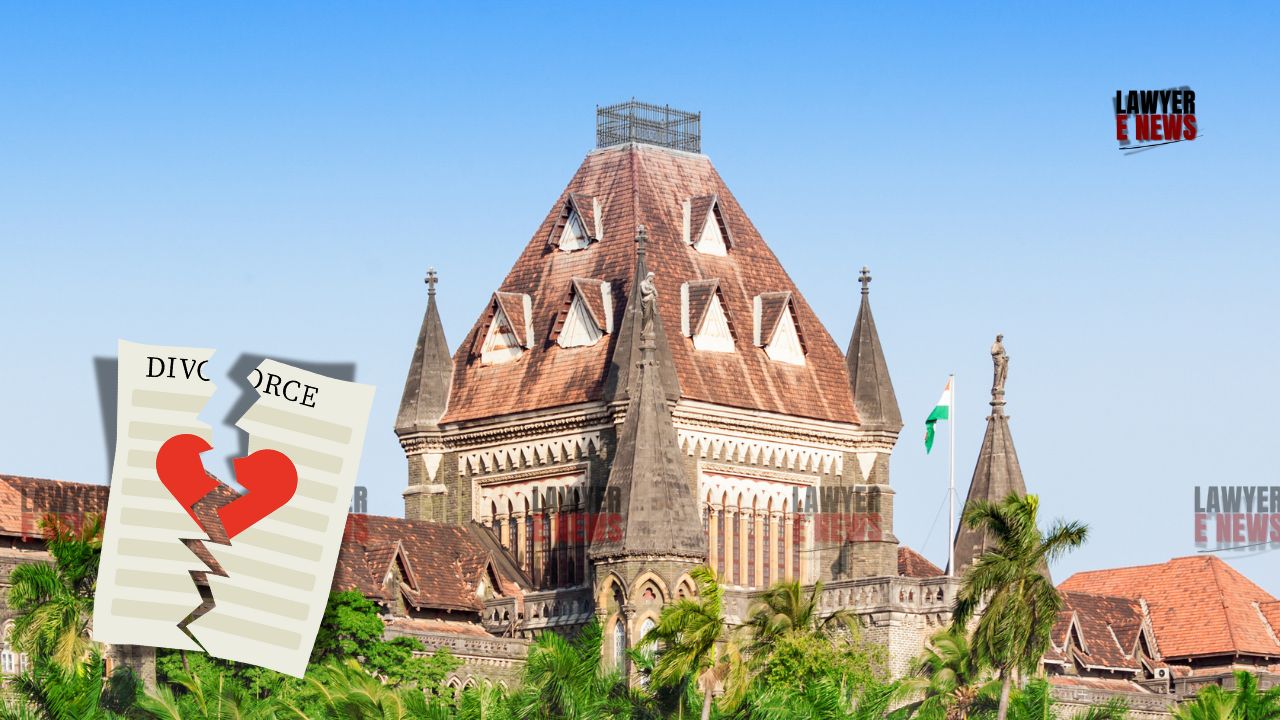-
by Admin
15 February 2026 5:35 AM



Court emphasizes Section 15 of Hindu Marriage Act, denying appeal for delay condonation due to husband’s lawful remarriage. In a significant ruling, the High Court of Judicature at Bombay dismissed an appeal by Sow. Sharda Sharad Sahane challenging a divorce decree, stating that the appeal had become infructuous due to the remarriage of the respondent, Sharad Uttamrao Sahane. The court underscored the application of Section 15 of the Hindu Marriage Act, 1955, which permits remarriage after the expiration of the appeal period for a divorce decree.
The marriage between Sharda Sharad Sahane and Sharad Uttamrao Sahane was solemnized on April 2, 2013. The couple has one daughter. Following marital disputes, Sharad Uttamrao Sahane filed for divorce on December 16, 2015. Despite resisting the petition through a written statement, Sharda Sharad Sahane did not present any evidence, leading to an ex-parte decree of divorce on August 29, 2019.
Sharda Sharad Sahane later sought condonation for a 166-day delay in appealing the divorce decree, arguing that her lawyer had not informed her timely about the decree. However, the District Judge rejected this application on September 15, 2021. The present appeal was subsequently filed against this decision.
The court noted that Sharad Uttamrao Sahane had remarried on October 1, 2019, after the decree of divorce, and had a son born from this second marriage. The court referenced Section 15 of the Hindu Marriage Act, which permits remarriage once the time for appealing a divorce decree has expired without an appeal being presented.
The court criticized the appellant’s negligent approach, stating that as a responsible government officer, she should have been more diligent. The court emphasized that the appellant was aware of the respondent’s second marriage during the delay condonation proceedings but still pursued the appeal.
The court extensively cited the principles laid out in previous judgments, emphasizing that once a decree of divorce is passed, and no appeal is filed within the limitation period, remarriage is lawful. This position was supported by references to the Delhi High Court and the Supreme Court’s observations in similar cases.
Justice Sandipkumar C. More remarked, “The remarriage of the respondent post-decree of divorce, in the absence of any timely appeal, makes the current appeal infructuous. The legal framework under Section 15 of the Hindu Marriage Act must be upheld to maintain judicial consistency.”
The High Court’s decision underscores the legal implications of delay in challenging divorce decrees, particularly in the context of remarriage. By dismissing the appeal, the court reinforced the importance of timely legal action and adherence to statutory provisions. This judgment is expected to influence future cases involving delayed appeals and remarriage under the Hindu Marriage Act.
Date of Decision: July 20, 2024
Sow. Sharda Sharad Sahane vs. Sharad Uttamrao Sahane
